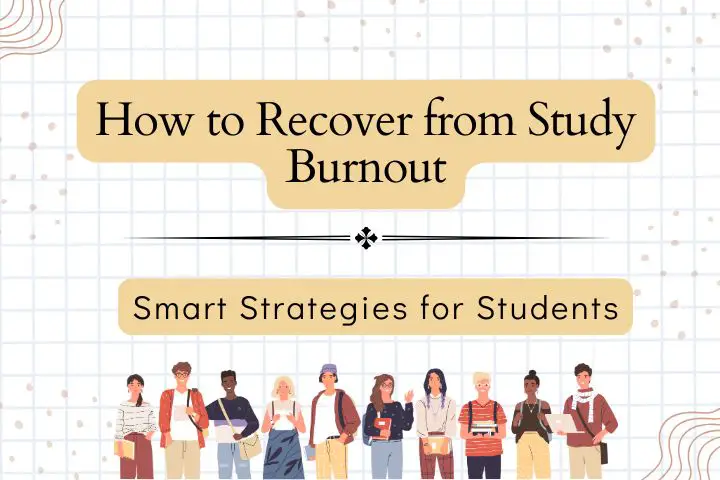
Beating Study Burnout: Practical Tips for Exam Success
Are you staring at textbooks feeling completely drained? You’re not alone. As exam season approaches, many students face the dreaded study burnout—that feeling when motivation disappears despite looming deadlines. Let’s explore practical strategies to overcome this challenge based on real experiences.
Understanding Burnout
Study burnout typically happens after extended periods of intense academic work. The signs are clear: feeling mentally exhausted, losing interest in subjects you once enjoyed, and experiencing anxiety about upcoming exams. One student described having nightmares about walking into exams unprepared and waking up with anxiety attacks—a clear signal that burnout had reached a critical point.
It’s Not About Motivation
Perhaps the most important insight from experienced students is this: waiting for motivation is a trap. As one university student put it, “Stop thinking you need motivation to study. You don’t. There are a lot of things you can do even if you don’t really feel like doing them.”
Instead of chasing the perfect studying mood, focus on building discipline—the ability to take action regardless of how you feel.
Practical Strategies That Work
1. The Pomodoro Technique
Try studying in focused 25-minute blocks followed by 5-minute breaks. This approach prevents mental fatigue while maintaining productivity. Your brain responds better to structured work periods with clear endpoints.
2. Reconsider Your Caffeine Intake
Multiple students reported that excessive coffee consumption actually worsened their study problems. One noted that it “fucks your dopa receptor and gives you temp ADHD.” Consider moderating caffeine or switching to alternatives like herbal tea.
3. Study With Others
Finding a serious study partner can dramatically increase accountability. When you commit to studying with someone else, you’re less likely to procrastinate or get distracted.
4. The Five-Minute Rule
When you absolutely can’t get started, commit to just five minutes of studying. Often, this small commitment overcomes the initial resistance, and you’ll continue working beyond those five minutes.
5. Strategic Rest
Sometimes, pushing through isn’t the answer. As one student advised: “If you can, take a day to rest. Sometimes, you just need to completely set aside your life and reset.” However, they cautioned against spending this time on YouTube or social media, as these activities rarely leave you feeling refreshed.
6. Minimize Distractions
While background noise seems helpful, podcasts with talking can actually split your attention. If you need sound, consider instrumental music without lyrics instead.
Building Long-Term Discipline
Many students found that small daily habits built their overall discipline. Meditation, even starting with just 2-5 minutes daily, was frequently mentioned as a way to strengthen focus and “train yourself to stand being bored”—a crucial skill for tackling less exciting study material.
Remember Your “Why”
During tough study periods, reconnect with your long-term goals. Why are you pursuing this degree? What careers are you working toward? Remembering that your current efforts contribute to these larger objectives can provide purpose when motivation is absent.
Conclusion
Study burnout is a common challenge, but it doesn’t have to derail your academic success. By focusing on discipline rather than motivation, using strategic study techniques, and taking care of your mental well-being, you can push through difficult periods and perform at your best when exams arrive.
Remember: sometimes the most successful students aren’t the ones who feel constantly motivated—they’re the ones who show up and do the work anyway.
